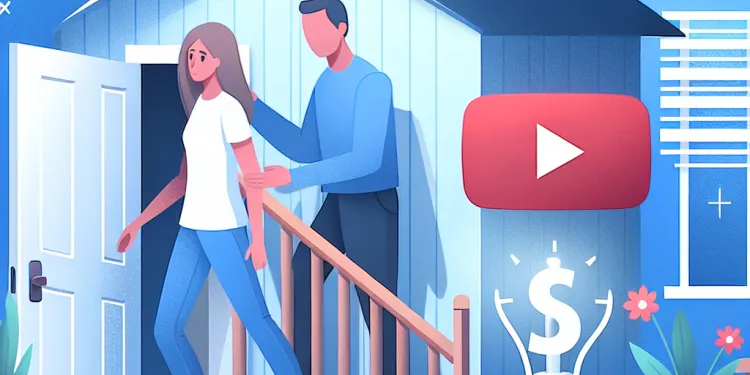
Find Help
More Items From Ergsy search
-

What is the new Domestic Abuse Act in the UK?
Relevance: 100%
-
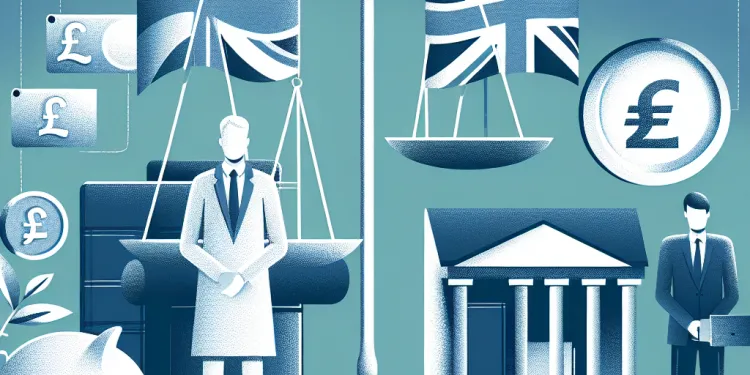
Understanding the New Domestic Abuse Laws in the UK
Relevance: 99%
-

Are you a male victim of domestic abuse?
Relevance: 99%
-
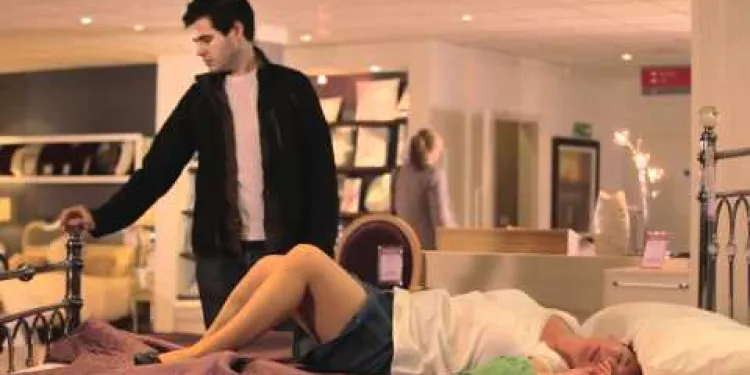
Live Fear Free - Domestic Abuse
Relevance: 98%
-

Understanding the Impact of the UK's New Domestic Abuse Legislation
Relevance: 97%
-
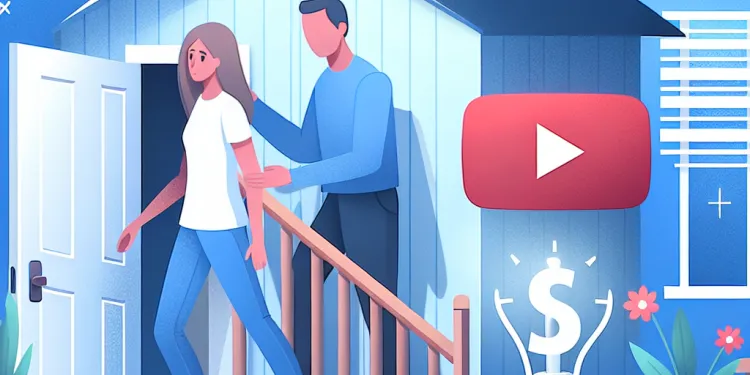
Steps to Take When Facing Domestic Abuse
Relevance: 95%
-

What constitutes economic abuse under the Domestic Abuse Act 2021?
Relevance: 94%
-

Live Fear Free - The Effect of Domestic Abuse on Children
Relevance: 92%
-

When did the Domestic Abuse Act 2021 come into effect?
Relevance: 91%
-

Who can be considered a domestic abuse perpetrator under the new law?
Relevance: 86%
-

What is Honour Based Abuse?
Relevance: 57%
-
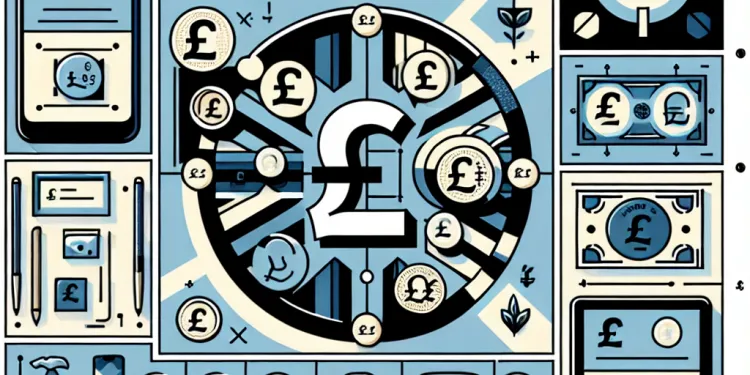
Is honour based abuse a cultural practice?
Relevance: 56%
-
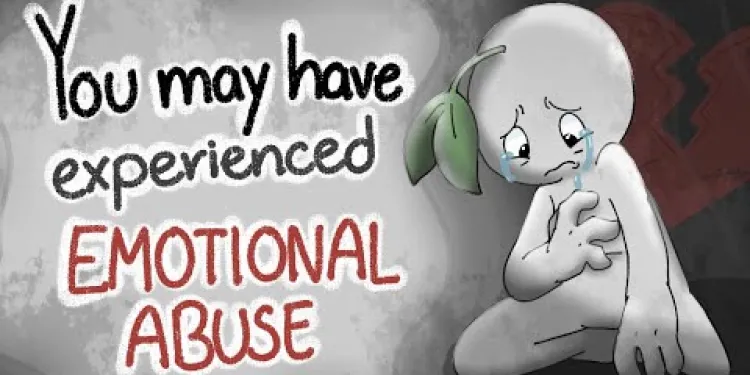
6 Signs of Emotional Abuse and Neglect
Relevance: 54%
-
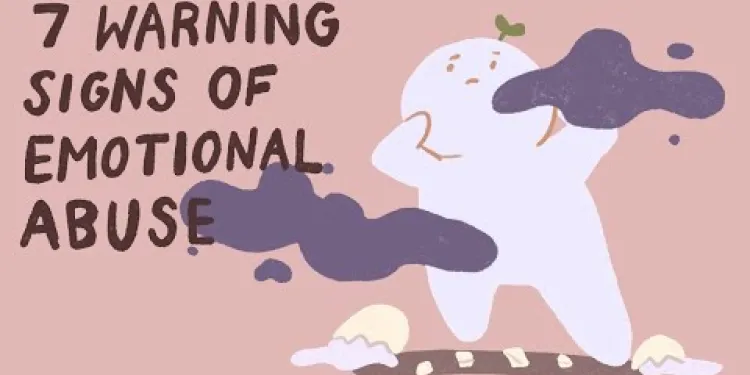
7 Warning Signs of Emotional Abuse
Relevance: 53%
-
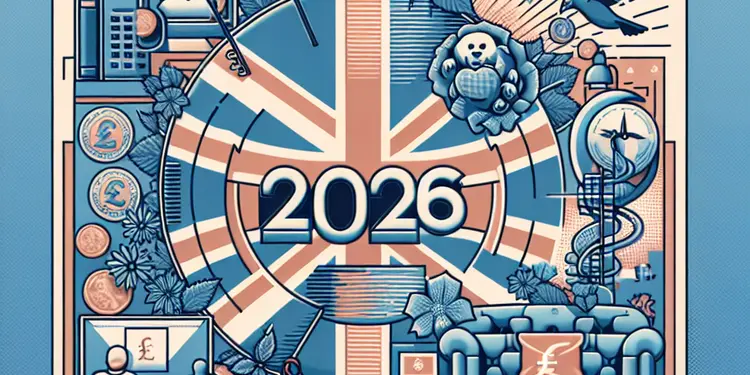
What are the new protocols for domestic violence cases in family court in 2026?
Relevance: 53%
-
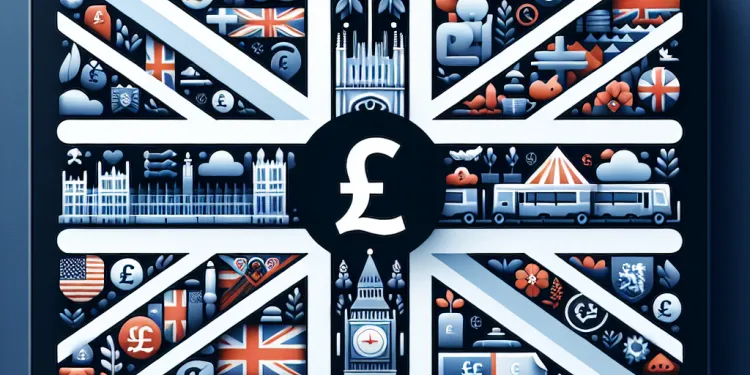
Who can be a victim of honour based abuse?
Relevance: 52%
-
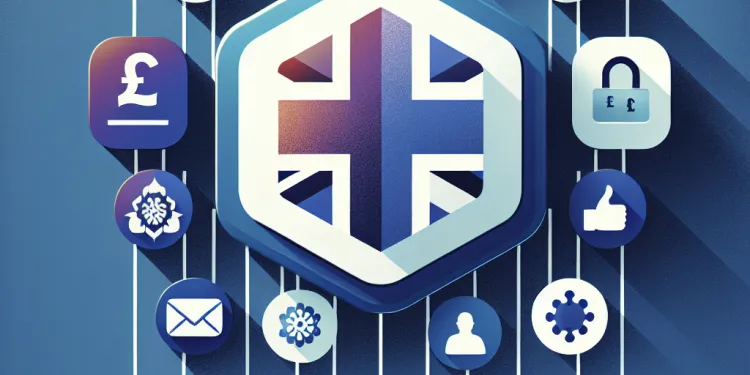
How can honour based abuse be prevented?
Relevance: 51%
-

When Kids Abuse Kids
Relevance: 50%
-

Can men be perpetrators of honour based abuse?
Relevance: 50%
-
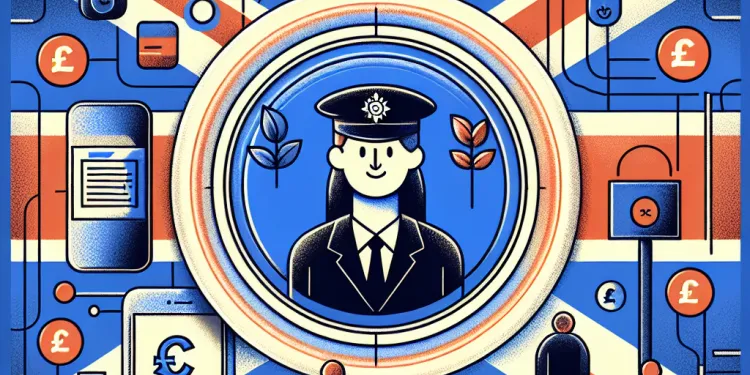
What are the signs of honour based abuse?
Relevance: 48%
-
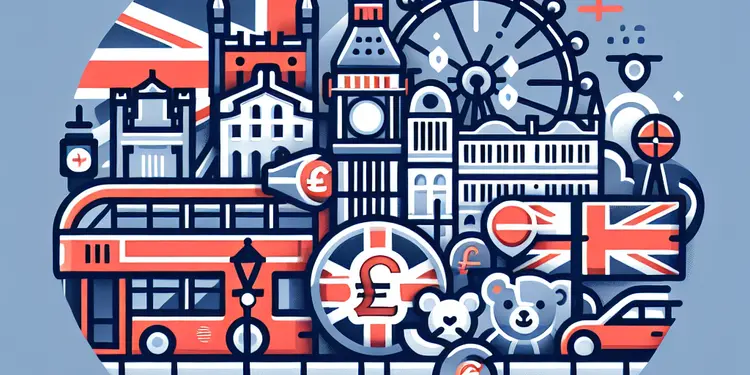
Is it necessary to have travel insurance for domestic trips?
Relevance: 47%
-
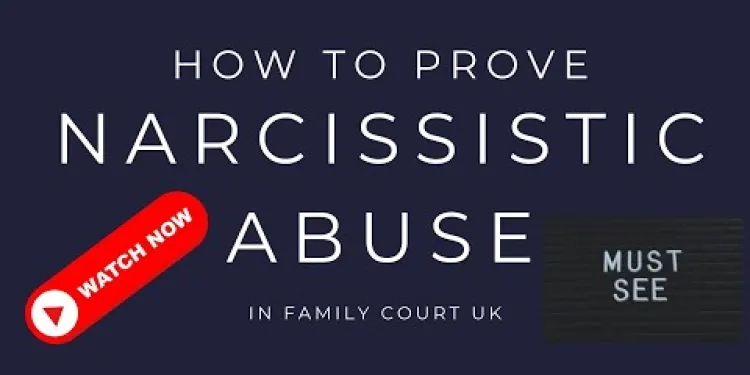
How To Prove Narcissistic Abuse In Family Court UK
Relevance: 47%
-
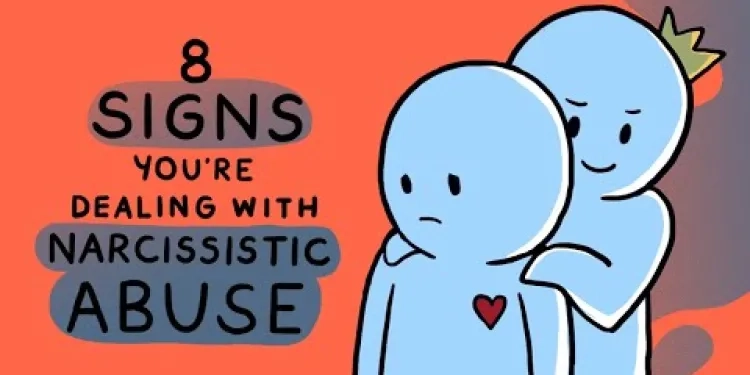
8 Signs You Are Dealing with Narcissistic Abuse
Relevance: 46%
-

What forms can honour based abuse take?
Relevance: 45%
-
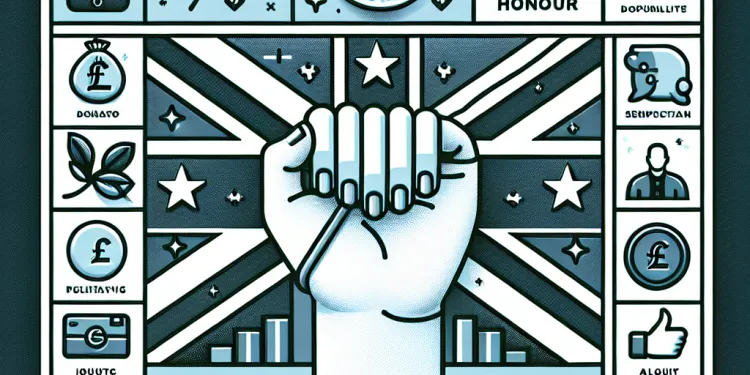
How does honour based abuse impact victims?
Relevance: 44%
-

Three-year limit for child sexual abuse claims to be removed
Relevance: 44%
-

5 Signs You've Been Mentally Abused
Relevance: 43%
-
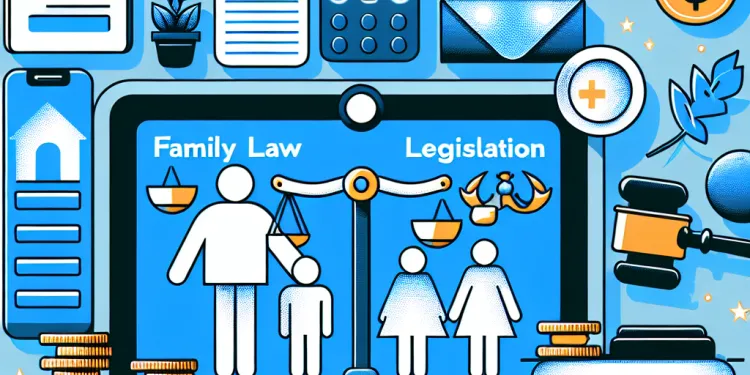
Impacts of Recent Changes to Family Law Legislation
Relevance: 34%
-

What are women's prisons like in the UK?
Relevance: 28%
-

What is Gaslighting?
Relevance: 26%
-

What is the purpose of honour based abuse?
Relevance: 23%
-

How prevalent is honour based abuse?
Relevance: 23%
-
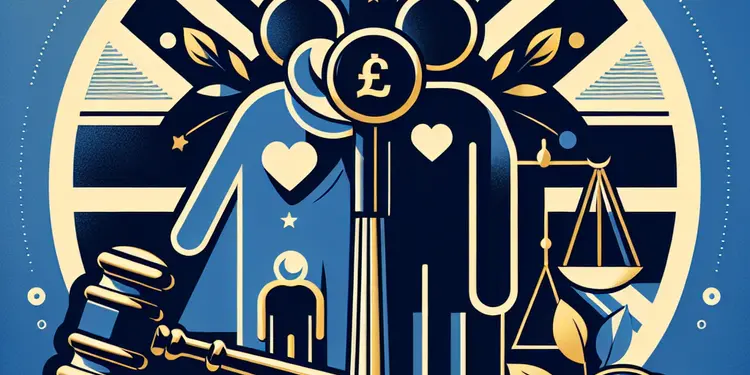
Are there modifications to legal aid access in family court for 2026?
Relevance: 23%
-
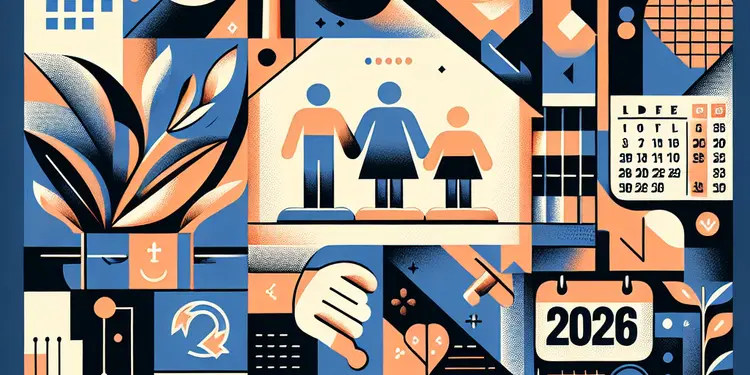
What are the key changes to family court law in 2026?
Relevance: 20%
-
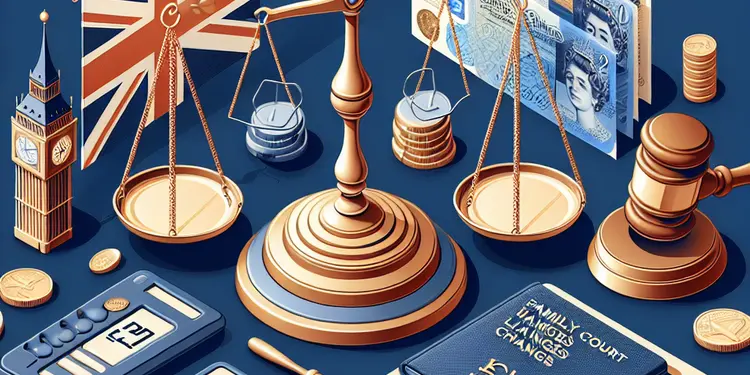
What are the changes to Family Court Law in 2026?
Relevance: 19%
-
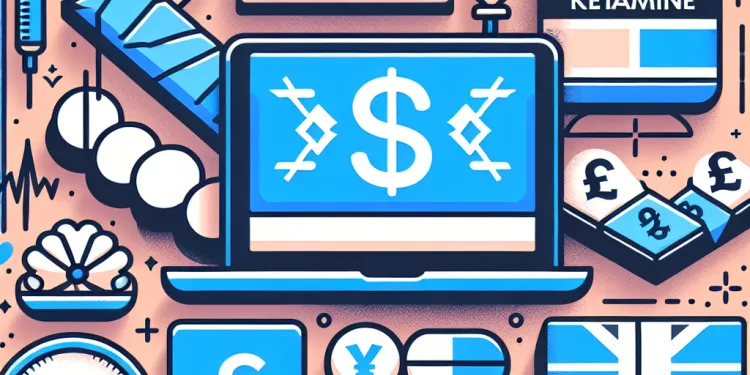
Is ketamine addictive?
Relevance: 19%
-
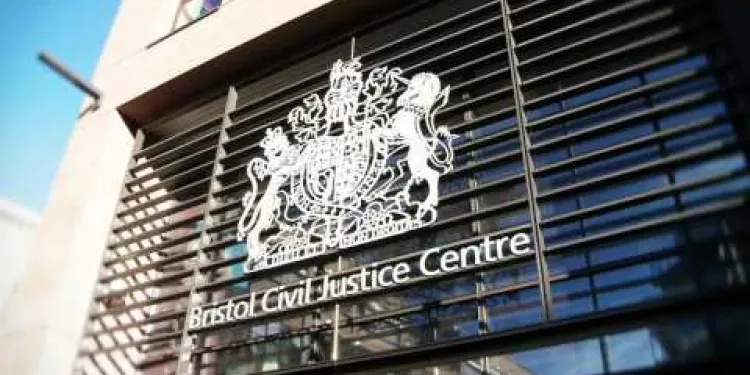
The Family Court without a Lawyer - Video 1 of 3
Relevance: 19%
-
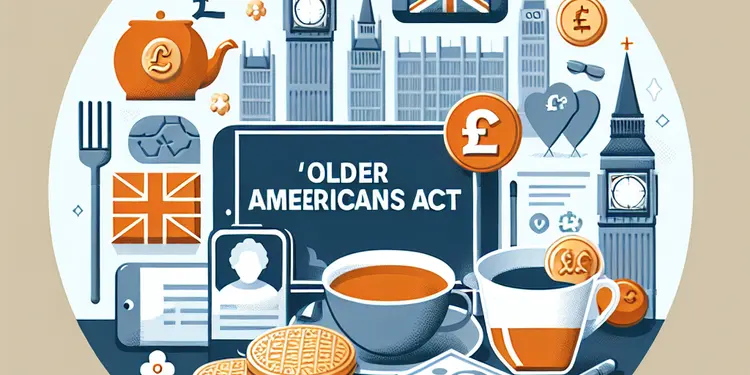
What is the Older Americans Act and how does it help seniors?
Relevance: 17%
-

What is reverse charge VAT?
Relevance: 17%
-
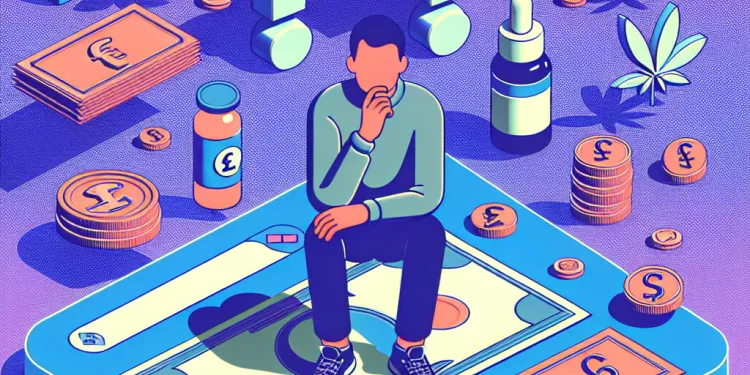
Is ketamine a controlled substance?
Relevance: 16%
Steps to Take When Facing Domestic Abuse
Recognise the Signs of Abuse
Identifying domestic abuse is the first and most crucial step. Abuse can be physical, emotional, sexual, or financial. Look for signs such as physical injuries, controlling behaviour, and isolation from friends and family. Understanding that abuse is not limited to physical violence is essential for seeking the correct help.
Reach Out for Support
It is vital to talk to someone you trust about what you are experiencing. This could be a close friend, family member, or a colleague. Discussing the situation can provide emotional support and possibly immediate practical assistance. Additionally, speaking with a professional, such as a therapist or counselor, can offer confidential support and help in planning your next steps.
Contact Domestic Abuse Services
There are numerous organisations in the UK designed to help victims of domestic abuse. The National Domestic Abuse Helpline, free and confidential, available 24/7 at 0808 2000 247, offers advice and can help you find local support services. Women's Aid and Refuge are also key organisations that provide shelter, information, and legal guidance to those affected.
Report to the Authorities
If you are in immediate danger, call 999 for the police. Reporting domestic abuse to the authorities ensures that there is an official record of the incident, which can be critical for legal protection. Non-emergency situations can be reported through the police non-emergency number 101 or online services provided by local police departments.
Explore Legal Options
Legal measures, such as a non-molestation order or an occupation order, can protect you from an abuser. Legal aid may be available to cover these costs if you meet certain criteria. Consulting with a legal professional who specialises in family law can provide detailed options and help navigate the legal system effectively.
Create a Safety Plan
Planning for your safety is imperative. Develop an exit plan that includes a safe place to go, essential documents, and a pre-packed bag with necessary items. Inform a trusted person about your plan and rehearse leaving quickly and safely. Keep emergency numbers and contacts handy at all times.
Take Care of Your Well-Being
Healing from domestic abuse requires time and support. Engage in self-care activities, seek support groups, and prioritize mental health services. Look into local and online resources that offer counseling and therapy specifically for survivors of domestic abuse, as these can provide the tools needed for recovery.
Remember, domestic abuse is never your fault, and help is always available. Taking these steps can help you move towards a safer and healthier future.
Steps to Take When Facing Domestic Abuse
Recognise the Signs of Abuse
Knowing what abuse looks like is the first step. Abuse can be hitting, hurting your feelings, forcing you to do things you don't want, or taking your money. Look for signs like bruises, someone telling you what to do all the time, or keeping you away from friends and family. Abuse is not just hitting. It's important to know this so you can get help.
Reach Out for Support
Talk to someone you trust, like a friend, family member, or someone at work. They can help you feel better and might help you find help. You can also talk to a therapist or counselor, who is a person that helps people talk about their problems. They can give you advice and help you decide what to do next.
Contact Domestic Abuse Services
There are groups in the UK that help people who are hurt by someone at home. Call the National Domestic Abuse Helpline at 0808 2000 247. This is free and you can call any time. Groups like Women's Aid and Refuge can give you a place to stay and tell you about your rights.
Report to the Authorities
If you are in danger, call 999 to get the police. Telling the police makes sure they know what is happening. This is important to keep you safe. If it's not urgent, you can call 101 or use police websites to report it.
Explore Legal Options
There are legal rules that can stop an abuser from coming near you. You might not have to pay for these if you need help with money. Talk to a lawyer who knows about family problems. They can tell you what you can do to be safe legally.
Create a Safety Plan
Think about how to keep safe. Plan where to go, keep important papers, and pack a bag with things you need. Tell someone you trust about your plan. Practice leaving quickly if you have to. Keep emergency phone numbers close.
Take Care of Your Well-Being
Get lots of rest and help. Do things that make you happy and join groups where you can talk to others who understand. Look for help with your feelings from places around you or online. This can help you feel better.
Remember, it is never your fault, and you can always find help. These steps can help you be safe and happy again.
Frequently Asked Questions
What should I do if I am in immediate danger from domestic abuse?
If you are in immediate danger, call 999 and ask for the police. If you cannot speak, use the Silent Solutions system by pressing 55 when prompted.
What is domestic abuse?
Domestic abuse includes any incident or pattern of incidents of controlling, coercive, threatening, or violent behavior, which can be physical, emotional, psychological, sexual, or financial.
Where can I get confidential help and advice?
You can contact the National Domestic Abuse Helpline at 0808 2000 247, which is available 24/7 and offers confidential support.
How can I create a safety plan?
A safety plan includes identifying safe areas in your home, having a packed emergency bag, having important documents accessible, and planning how to leave and where to go if needed.
What legal protections are available in the UK?
Legal protections include Non-Molestation Orders, Occupation Orders, and Domestic Violence Protection Notices (DVPN) and Orders (DVPO). These can offer you safety and keep the abuser away.
Can I get support for my children if they are affected by domestic abuse?
Yes, organizations such as Women's Aid provide specialist support for children who have witnessed or experienced domestic abuse.
How can I support a friend or family member who is experiencing domestic abuse?
Listen without judgment, reassure them, respect their decisions, and encourage them to seek professional help and create a safety plan.
What are the signs of domestic abuse?
Signs include physical injuries, withdrawal from friends and family, low self-esteem, and changes in behavior such as increased anxiety or fear around their partner.
Is there financial help available for victims of domestic abuse?
Yes, financial support can be accessed through hardship funds, local charities, and benefits. The Domestic Abuse Bill also can provide measures to support victims.
How can I find local domestic abuse services?
You can search online for local domestic abuse services or contact the National Domestic Abuse Helpline for referrals and additional support.
What should I take with me if I need to leave quickly?
Important documents (ID, passports, financial documents), medication, essential clothing, phone and charger, and any evidence of abuse.
Can men be victims of domestic abuse?
Yes, men can be victims of domestic abuse. They can seek help from organizations like Mankind Initiative and Men's Advice Line.
What is 'coercive control'?
Coercive control is a pattern of behavior that seeks to take away the victim's liberty or freedom and strip away their sense of self, often involving threats, humiliation, and intimidation.
Can I still get help if I am an immigrant or refugee?
Yes, support services such as Refuge and Rights of Women provide assistance to immigrants and refugees experiencing domestic abuse.
What is a refuge and how can it help me?
A refuge is a safe house for women and children fleeing domestic abuse. It provides secure accommodation, support, and advice. Contact the National Domestic Abuse Helpline for referral.
What to Do If You Are in Danger from Domestic Abuse
If you are in danger, call for help right away! You can dial emergency services like 911 on the phone. Tell them what is happening. Say your name and where you are.
Try to stay safe until help arrives. Go to a room with a lock, if you can. Or go to a friend's or neighbor's house.
It helps to have a trusted adult or friend you can talk to. They can help you make a safety plan. A safety plan is a list of things you can do to stay safe.
Use tools like large print books or picture cards to understand what to do. Practice what to say to emergency services in case you need their help.
If you are in danger right now, call 999 and ask for the police. If you cannot talk, press 55 when they ask you to speak. This is called Silent Solutions.
What is domestic abuse?
Domestic abuse is when someone hurts or scares someone in their family or home. It can be hitting, shouting, or controlling someone.
Domestic abuse is wrong. It's important to ask for help if you or someone you know is being hurt.
Support tools:
- Talk to a trusted adult or friend.
- Call a helpline for advice.
- Use pictures or drawings to explain how you feel.
Domestic abuse is when someone hurts or controls another person in their home. This can be when someone:
- Hits or touches you in a way that hurts (physical).
- Says mean things to make you feel sad or scared (emotional).
- Talks to you in a way that confuses or frightens you (psychological).
- Forces you to do things with your body you don’t want to do (sexual).
- Takes your money or controls what you can spend (financial).
It can happen once or many times. Being safe and having people to talk to, like a grown-up you trust or calling a helpline, can help if this happens.
Where can I get private help and advice?
If you need help or advice and want to keep it private, here are some places you can try:
- Talk to a trusted adult, like a family member, teacher, or counselor.
- You can call a helpline for advice. They are private and can help with problems.
- Look for websites that give support and advice. Make sure they are safe and private.
When you talk or share things, always choose safe people you trust.
You can call the National Domestic Abuse Helpline at 0808 2000 247. They are open all the time, day and night. They will keep what you say private and help you.
How do I make a safety plan?
A safety plan is like a list of things to do to stay safe. It helps you know what to do if there is an emergency.
Here are some things you can include in your safety plan:
- Find safe places in your home. These are the best spots to go if something bad happens.
- Have a bag ready with important things you might need, like clothes and snacks.
- Keep important papers, like your ID or phone numbers, in a safe and easy-to-reach place.
- Think about how you would leave your home and where you could go to be safe.
It's important to talk about your plan with someone you trust. Practicing your plan can help you feel ready if you ever need it.
What laws keep us safe in the UK?
The UK has rules to help keep people safe.
These rules are called laws.
Laws help protect us and our rights.
Here’s how to learn more:
- Ask a grown-up to explain the laws.
- Use books or websites that talk about UK laws in simple words.
- Watch videos that explain legal safety rules in easy ways.
There are ways the law can help keep you safe from harm. These include:
- Special rules to stop someone from bothering you.
- Rules to let you stay in your home without the person who hurt you.
- Notices and orders to keep someone away if they hurt you.
These rules can help keep you safe from the person who hurt you.
Can I get help for my children if there is hurt at home?
If someone is being hurt at home, your children can get help.
Here are some things that can help:
- Talk to a teacher at school.
- Speak with a trusted adult or family member.
- Call a helpline for advice.
- Go to a safe and caring place.
There are people and places that want to help keep your children safe.
Yes, there are groups like Women's Aid that can help kids who have seen or been through hurt at home.
How can I help a friend or family member who is going through domestic abuse?
If someone you know is hurt or scared at home, you can help them:
- Listen: Let them talk. Don’t rush them.
- Believe them: Say that you believe what they are telling you.
- Be there: Stay close and let them know you care.
- Tell them it's not their fault: Remind them they did nothing wrong.
- Help them get more help: Suggest they talk to someone who helps people in danger, like a helpline or counselor.
It's important to stay patient and kind. You can also read together or use pictures to help understand more.
Listen to your friend without judging them. Tell them it's okay to feel how they do. Respect what they want to do. Encourage them to talk to a doctor or therapist. Help them make a plan to stay safe.
What are the signs of domestic abuse?
Domestic abuse is when someone hurts another person in the family or someone they live with. It is important to know the signs so we can help. Here are some signs that someone might be hurt:
- If they have cuts or bruises a lot.
- If they seem very scared of someone in their home.
- If they are not allowed to see their friends or family.
- If they are often sad, worried, or quiet.
- If they say someone is always checking up on them or gets angry easily.
If you think someone might be in danger, please talk to a grown-up you trust or call a help line for advice.
Signs that someone might not be safe with their partner can be:
- They have bruises or other injuries.
- They stop seeing their friends and family.
- They don't feel good about themselves.
- They act differently, like being more scared or worried when their partner is around.
If you are worried about someone, you can talk to a teacher or a caring adult for help.
Can people get money help if someone hurts them at home?
Yes, you can get help with money if you need it. There are hardship funds that give money to people in need. Local charities can also help. You can also get benefits from the government.
The Domestic Abuse Bill can help people who have been hurt by domestic abuse. It has rules to support victims.
How can I find help near me for domestic abuse?
You can look online to find help near you for domestic abuse. You can also call the National Domestic Abuse Helpline. They can tell you where to get more help.
What do I need to pack if I have to go fast?
If you need to leave in a hurry, take these things:
- Important papers: Bring your ID and any important papers.
- Money: Have some cash or your bank cards.
- Clothes: Pack a change of clothes.
- Phone: Take your phone and charger.
- Medicine: Bring any medicine you need.
- Snacks and water: Pack a water bottle and snacks.
- Special items: Carry any special things you need every day.
Ask someone to help you make a plan. You can also use a checklist to remember things.
Bring these important things:
- Your ID, passport, and other important papers.
- Medicine you need to take.
- Clothes you really need.
- Your phone and charger.
- Proof if someone has hurt you.
You might use a checklist to help remember your things. You can also ask someone you trust to help you pack.
Can men get hurt at home?
Yes, men can also get hurt by someone they live with, like a partner. This is called domestic abuse. It can happen to anyone, even men.
Here are some signs of abuse:
- Someone hits or pushes them.
- Someone calls them mean names.
- Someone tries to control where they go or who they see.
If a man feels scared or unsafe at home, they can:
- Talk to a trusted friend or family member.
- Call a helpline for support.
- Visit a website for advice and help.
Remember, men can ask for help too. People care and want to help them.
Yes, men can also be hurt at home. They can get help from groups like Mankind Initiative and Men's Advice Line.
What is 'coercive control'?
Coercive control is when someone tries to control another person by being mean or bossy. This can make the person feel scared or worried.
Here are some examples:
- Telling someone who they can see or talk to.
- Making someone feel bad about themselves.
- Keeping money away from someone so they can't buy what they need.
If you or someone you know is being controlled, talk to a trusted adult or get help from a support service.
Coercive control is when someone tries to take away another person's freedom. It often involves making the person feel scared, small, or bad about themselves. This can happen through threats, making fun of them, or being mean.
For help, it's good to talk to a trusted adult or a counselor. You can also use relaxation techniques, like deep breathing, to feel calmer.
Can I get help if I am from another country?
Yes, you can get help. If you are new to this country, people can still help you. There are places and people that want to help you. You can talk to support groups or charities. They are there to help people like you.
If you need help, you can ask someone to go with you. This person can be a friend or a helper. They can help you understand things better.
Yes, there are places that can help immigrants and refugees who are being hurt at home. Refuge and Rights of Women are two of these helpful places.
What is a safe place and how can it help me?
A safe place, or refuge, is where you can go if you are not safe at home.
Here are ways it can help you:
- Keep you safe from danger.
- Give you a place to sleep.
- Provide you with food and clothes.
- Offer you someone to talk to if you are upset.
- Help you find out about other people who can help.
If reading is hard, try these tools:
- Ask someone you trust to read with you.
- Use an app that reads text out loud.
- Use a ruler or your finger to follow the words.
- Take breaks if your eyes get tired.
A refuge is a safe place for women and children who are running away from hurtful situations at home. It is a secure house where they can stay. They will get help, support, and advice there. If you need to find a refuge, you can call the National Domestic Abuse Helpline. They will help you get to a safe place.
Useful Links
This website offers general information and is not a substitute for professional advice.
Always seek guidance from qualified professionals.
If you have any medical concerns or need urgent help, contact a healthcare professional or emergency services immediately.
Some of this content was generated with AI assistance. We’ve done our best to keep it accurate, helpful, and human-friendly.
- Ergsy carfully checks the information in the videos we provide here.
- Videos shown by Youtube after a video has completed, have NOT been reviewed by ERGSY.
- To view, click the arrow in centre of video.
- Most of the videos you find here will have subtitles and/or closed captions available.
- You may need to turn these on, and choose your preferred language.
- Go to the video you'd like to watch.
- If closed captions (CC) are available, settings will be visible on the bottom right of the video player.
- To turn on Captions, click settings .
- To turn off Captions, click settings again.
More Items From Ergsy search
-

What is the new Domestic Abuse Act in the UK?
Relevance: 100%
-

Understanding the New Domestic Abuse Laws in the UK
Relevance: 99%
-

Are you a male victim of domestic abuse?
Relevance: 99%
-

Live Fear Free - Domestic Abuse
Relevance: 98%
-

Understanding the Impact of the UK's New Domestic Abuse Legislation
Relevance: 97%
-

Steps to Take When Facing Domestic Abuse
Relevance: 95%
-

What constitutes economic abuse under the Domestic Abuse Act 2021?
Relevance: 94%
-

Live Fear Free - The Effect of Domestic Abuse on Children
Relevance: 92%
-

When did the Domestic Abuse Act 2021 come into effect?
Relevance: 91%
-

Who can be considered a domestic abuse perpetrator under the new law?
Relevance: 86%
-

What is Honour Based Abuse?
Relevance: 57%
-

Is honour based abuse a cultural practice?
Relevance: 56%
-

6 Signs of Emotional Abuse and Neglect
Relevance: 54%
-

7 Warning Signs of Emotional Abuse
Relevance: 53%
-

What are the new protocols for domestic violence cases in family court in 2026?
Relevance: 53%
-

Who can be a victim of honour based abuse?
Relevance: 52%
-

How can honour based abuse be prevented?
Relevance: 51%
-

When Kids Abuse Kids
Relevance: 50%
-

Can men be perpetrators of honour based abuse?
Relevance: 50%
-

What are the signs of honour based abuse?
Relevance: 48%
-

Is it necessary to have travel insurance for domestic trips?
Relevance: 47%
-

How To Prove Narcissistic Abuse In Family Court UK
Relevance: 47%
-

8 Signs You Are Dealing with Narcissistic Abuse
Relevance: 46%
-

What forms can honour based abuse take?
Relevance: 45%
-

How does honour based abuse impact victims?
Relevance: 44%
-

Three-year limit for child sexual abuse claims to be removed
Relevance: 44%
-

5 Signs You've Been Mentally Abused
Relevance: 43%
-

Impacts of Recent Changes to Family Law Legislation
Relevance: 34%
-

What are women's prisons like in the UK?
Relevance: 28%
-

What is Gaslighting?
Relevance: 26%
-

What is the purpose of honour based abuse?
Relevance: 23%
-

How prevalent is honour based abuse?
Relevance: 23%
-

Are there modifications to legal aid access in family court for 2026?
Relevance: 23%
-

What are the key changes to family court law in 2026?
Relevance: 20%
-

What are the changes to Family Court Law in 2026?
Relevance: 19%
-

Is ketamine addictive?
Relevance: 19%
-

The Family Court without a Lawyer - Video 1 of 3
Relevance: 19%
-

What is the Older Americans Act and how does it help seniors?
Relevance: 17%
-

What is reverse charge VAT?
Relevance: 17%
-

Is ketamine a controlled substance?
Relevance: 16%


